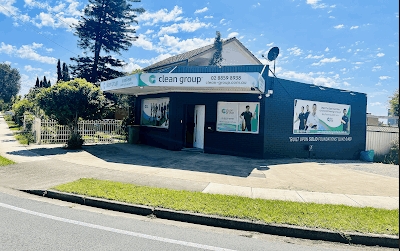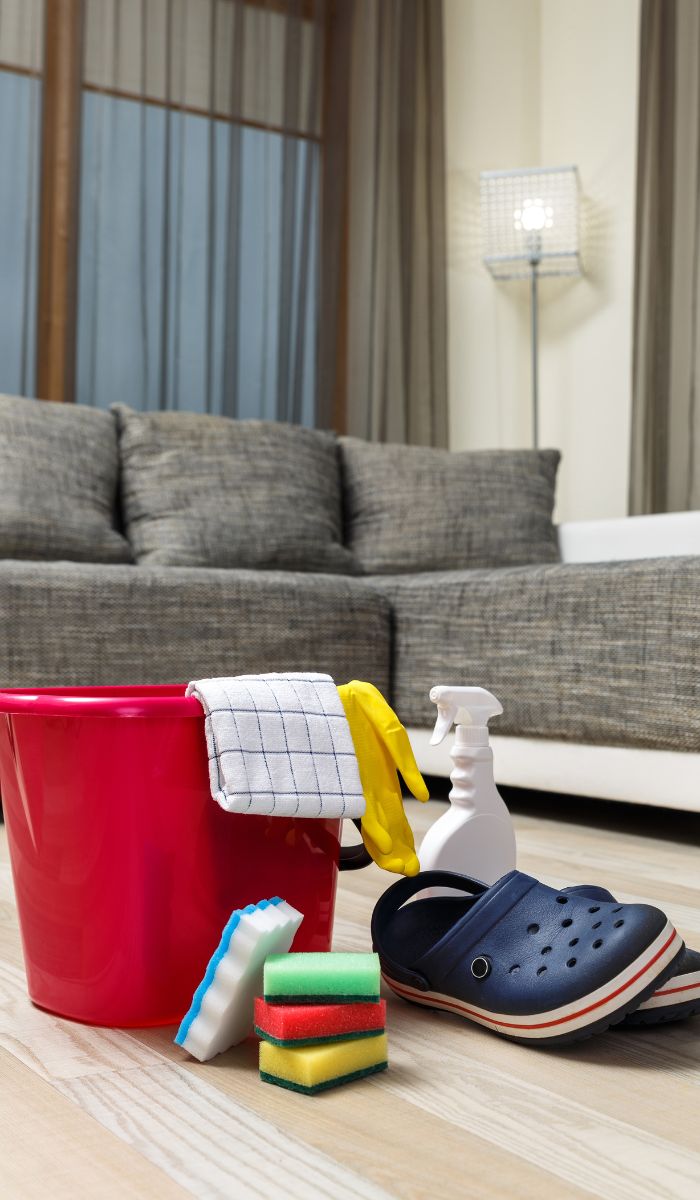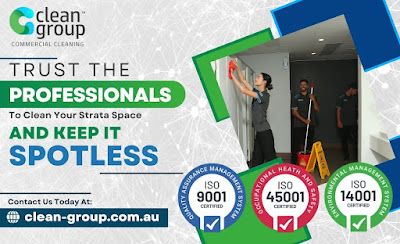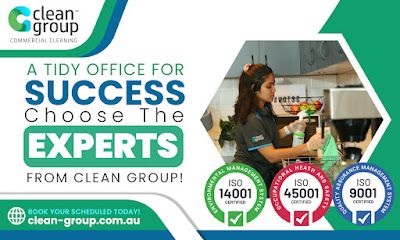
Creating a Cleaning Checklist for Your Office
Real-Life Stories from Commercial Cleaning Professionals
The impact of cleaning services extends beyond just the physical environment to the health and wellness of individuals. Cleanliness is intrinsically tied to mental health, and studies have shown that maintaining a clean environment can reduce stress, anxiety, and even depression. For example, cluttered and dirty spaces can lead to feelings of overwhelm, making it difficult for people to focus or relax. On the other hand, a clean and organized environment can foster a sense of calm and productivity. In healthcare settings, cleanliness is crucial for patient recovery. Clean Group provides comprehensive and professional Commercial Cleaning Sydney across Sydney, NSW. Our fully insured, trained, and security-verified cleaners ensure your workplace stays spotless and hygienic. Schedule a free onsite quote today—book online or call us at 02 9160 7469. Get your obligation-free commercial cleaning estimate for offices, buildings, and other business spaces in Sydney.. A sterile environment prevents the spread of infectious diseases and promotes faster healing. The importance of cleanliness in mental health care environments is equally significant, as clean and orderly spaces can contribute to a positive atmosphere that promotes recovery.
The role of cleaning in maintaining public health has never been more evident, especially in the wake of global health crises like the COVID-19 pandemic. Cleaning and disinfecting surfaces, particularly in high-traffic areas, have become a top priority for businesses, healthcare facilities, and public institutions. The pandemic has heightened awareness about the importance of hygiene and the need for rigorous cleaning practices to prevent the spread of viruses. As a result, businesses across industries are now implementing more frequent cleaning schedules, using stronger disinfectants, and investing in better equipment to ensure a safer environment for employees, customers, and patients.


